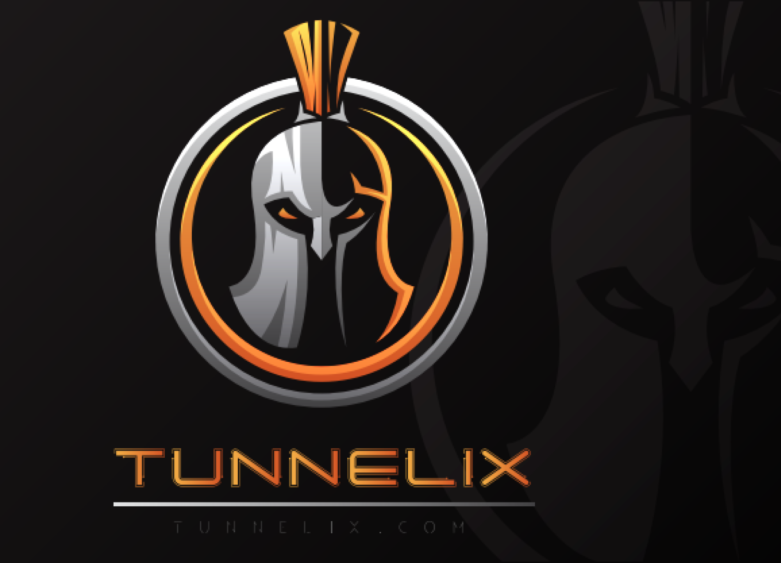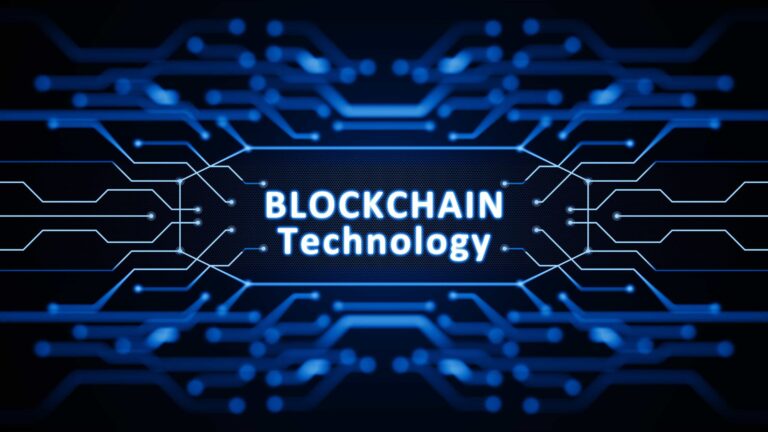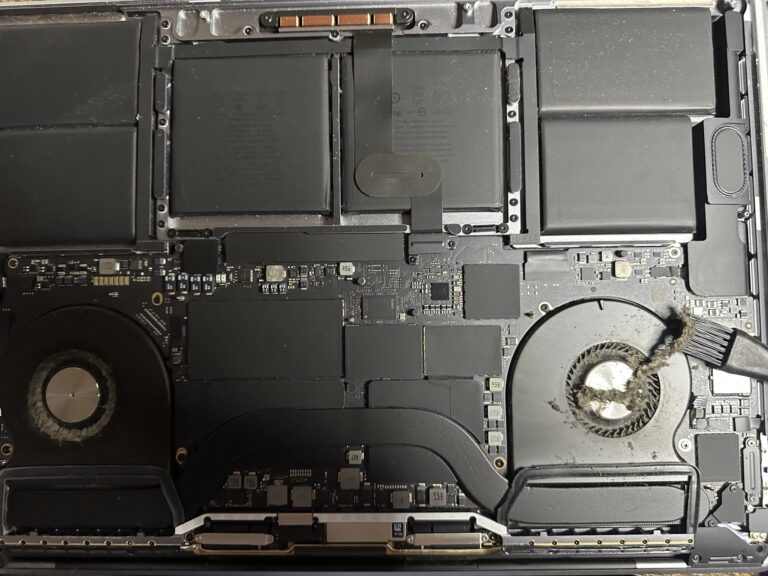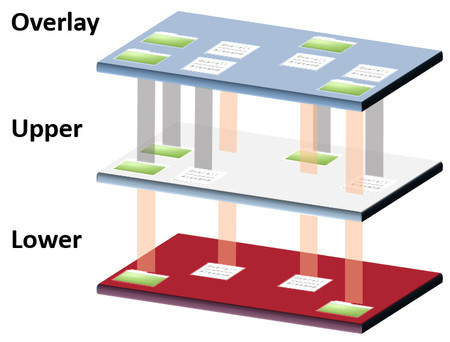Ethereum can be considered a technology that is more capable than Bitcoin. In a traditional Blockchain technology like Bitcoin, I mentioned how Bitcoin is mostly focused on a ledger system with records and algorithms backing up the transactions. But Ethereum is yet another decentralized platform that enables developers to build and deploy smart contracts and decentralized applications (DApps). It operates on blockchain technology, similar to Bitcoin, but with additional features that allow for more complex and programmable transactions. Ethereum has its native cryptocurrency called Ether.
Here are some blog posts written in the past regarding Bitcoin, Cryptocurrency and Blockchain:
- Navigating the financial revolution: AI, Blockchain and Traditional banking
- Exploring the Depths of Blockchain: Decentralization, Smart Contracts, and Beyond
- Blockchain Network and its Security Issues Underneath
- Bitcoin: Bitcoin Header and its ledger system
- Bitcoin Basic Mining concepts
- The quest for survival of public Blockchains like Bitcoin
- Proof of Stake in Blockchain
In another way, Ethereum acts like a decentralized computing. Instead of payment as a main function, it acts as a decentralized computing. Apps are written in the Solidity programming language. Therefore, it focuses mainly on programmability rather than a payment system.
Solidity is a programming language specifically designed for developing smart contracts on blockchain platforms, with a primary focus on Ethereum. Smart contracts are self-executing contracts with the terms of the agreement directly written into code. Solidity allows developers to create these smart contracts to automate and enforce rules in decentralized applications (DApps) running on the Ethereum blockchain.
Solidity is very similar to Python. Solidity programs running in a decentralized system like Ethereum are called Smart Contracts or Decentralized Apps (DApps) which are then broadcasted to the network. Programs are stored using hash pointers and linked lists. The nodes will execute these programs and get paid with “gas” in the form of cryptocurrency called Ether. “Gas” refers to a unit of measurement for the computational effort required to execute operations or run programs on the Ethereum network. It is a critical concept in the Ethereum ecosystem, particularly when dealing with smart contracts. Unlike Bitcoin, Ether is mostly a utility coin to execute a program.
Many different parameters are set in the Ethereum Blockchain that make it different from the Bitcoin Blockchain. For example: The block time execution is way shorter than facilitated execution. The mining algorithm is very different which is more memory resistant. This consequently makes it practically impossible or say difficult to be productive mining on ASIC hardware. Another interesting difference is the block reward has an unlimited supply. Ethereum is also structured as a business model and is developed by Vitalik Buterin and managed by the Ethereum Foundation. New Ether was also sold publicly in an ICO(initial coin offering) compared to Bitcoin.












